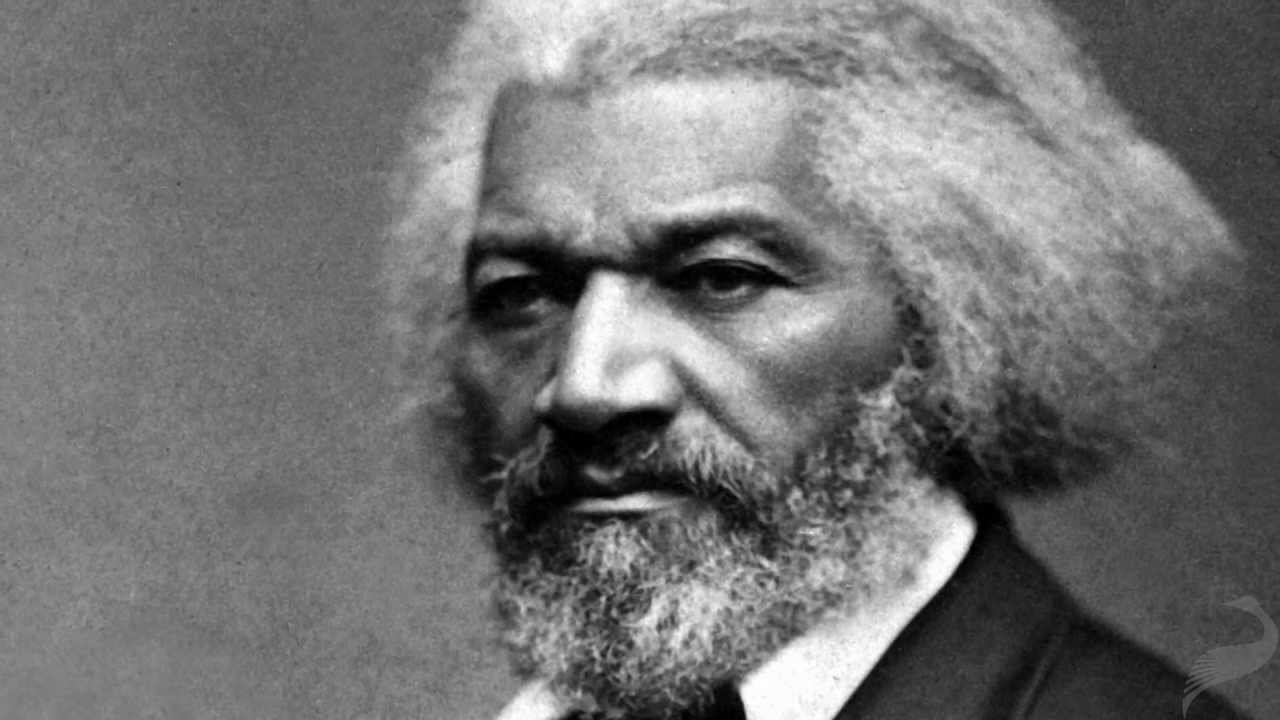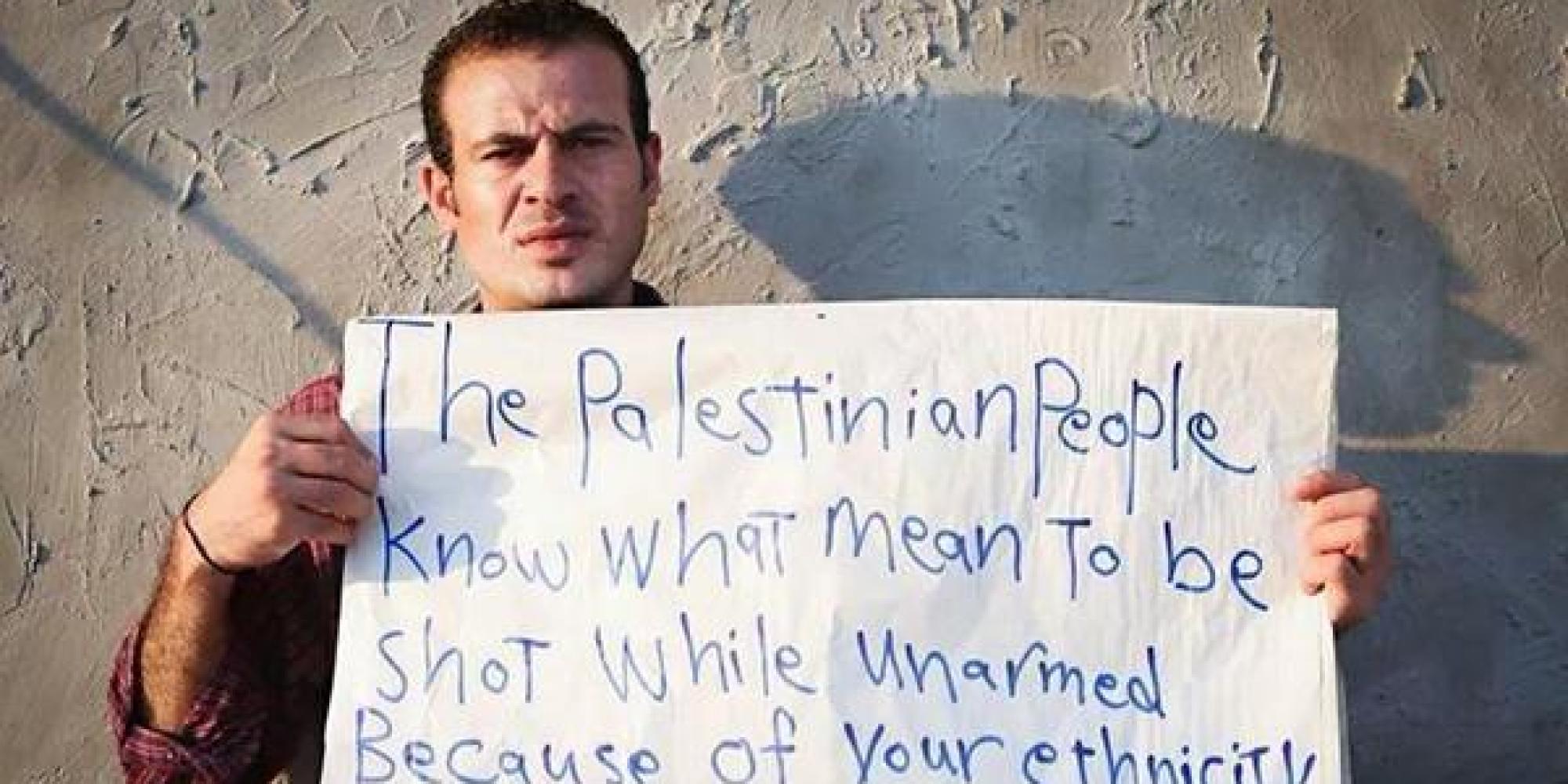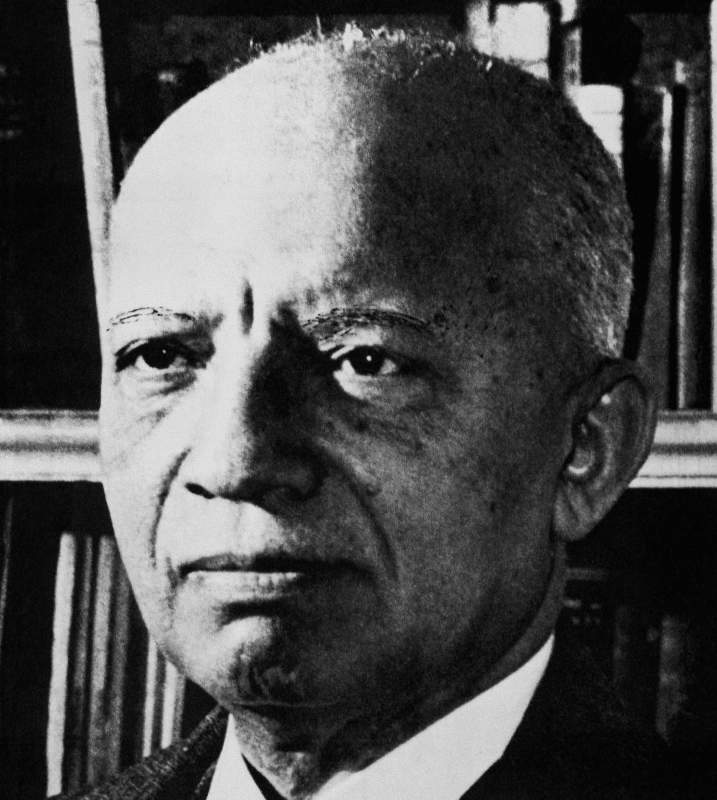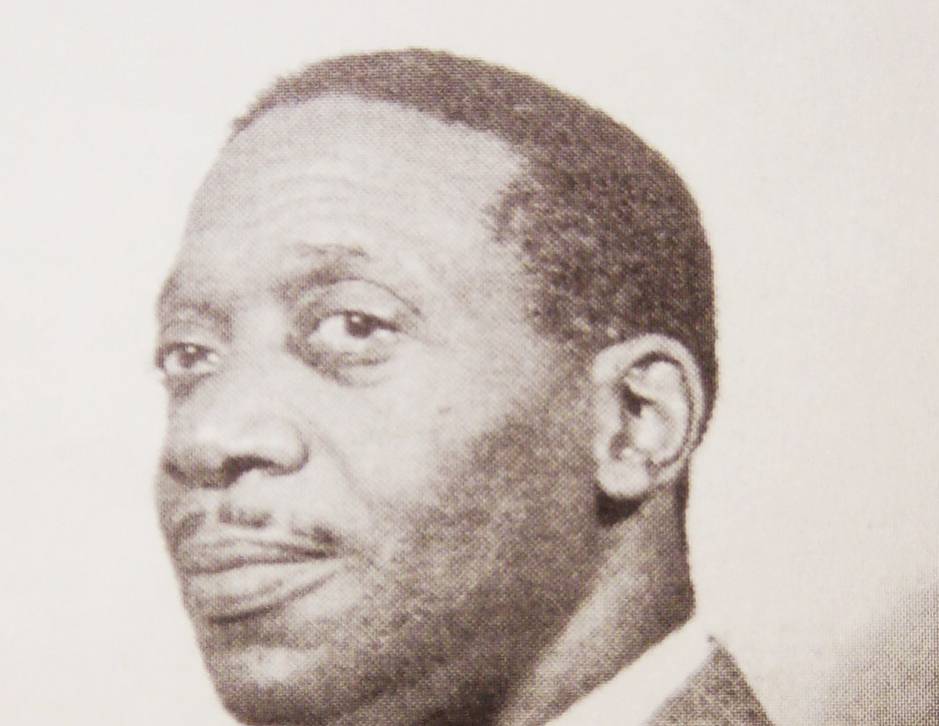Every year, the National Urban League releases an important report on the “State of Black America.” The report highlights the inequality and institutionalized racism in the United States by documenting the considerable disparities in rates of poverty, unemployment, incarceration and education access that plague Black America.
This year’s statistics showed the same general pattern:
- African Americans have half the access to health insurance as white Americans.
- The Urban League’s Equity Index places African American living standards, in general, at 71.8 percent of whites, declining from 72.1 percent in 2010. In urban centers the rates of unemployment for African American men are as high as 50 percent.
- African American unemployment is 15 percent, compared to 8 percent for whites.
- The median income of white households in the United States equals $54,680; for African American households, the median income is $33,500.
- While three out of every four white families own their homes, less than half of Black and Hispanic families do.
- African Americans are six times more likely to be incarcerated than their white counterparts.
- According to a study by the Malcolm X Grassroots Movement, in 2012 on average one African American was killed every 36 hours by law enforcement.
Record numbers of people in the United States are experiencing real poverty right now. According to the National Center for Children in Poverty, 22 percent of children in the United States live in families whose earnings are below the federal poverty line. The NCCP calculates its own real cost of living for a family and asserts that a whopping 45 percent of children in the United States are either poor or “near poor.” Seventy percent of African American children under the age of six are poor or “near poor,” compared to 35 percent of whites, 67 percent of Latinos and 70 percent of Native people.
Will voting end this?
This year, the Urban League report gave all this data but came to a curious conclusion. Introducing the document on their website, they state, “Yet, more than the economy, more than jobs, more than an excellent education for all children, the single issue that arguably stands to have the greatest impact on the future of Black America in 2012 is the vote.”
Applied to a different historical context, that point could be valid. The Black struggle for civil and voting rights remains one of the most profound and widely felt social movements in the history of this country. All over the South—and nationwide—Black people organized, fought back and tore down Jim Crow, inspiring many other important movements to take shape and producing great legal and social gains for African Americans.
It is important to note, however, that those gains were not evenly distributed across class lines. In fact, capitalism has proven to be flexible enough to incorporate a small section of Black people into the upper echelons of the economy and government, while relegating the vast majority to poverty wages and continued discrimination.
How can the Urban League assert that measures to resolve the profound, systemic and persistent inequalities will somehow have less “impact” than voting? Obviously, the implication is that voting will bring solutions to these problems, but is that the case?
In 2008, the voter turnout by African Americans, particularly young people, was historic. Millions more African Americans voted compared to previous elections. The reason was clear: many saw the prospect of the first Black President as a symbolic culmination of the centuries-long struggle against racism in the United States.
Yet, after the election of Obama, which coincided with the “Great Recession,” the country’s persistent inequality and rising poverty only got worse. There was no big response from Obama and other Democrats who counted on the votes of millions of African Americans to achieve office. They offered no “Ending Mass Incarceration and Police Murder Bill” or “Bring Children Out of Poverty Bill” or “Jobs for All Bill.”
So in this day and age, what does the vote really deliver? African Americans, like other working class and oppressed people in the United States, do not get the opportunity to vote on the decisions that most impact their lives.
Under capitalism, we can vote every four years for which representative of the ruling class will guide the existing system, and thus maintain the status quo, for the next four years. There is no opportunity to vote against unemployment, or against police brutality. Instead, we are told to vote for candidates that the ruling class puts in front of us, and the only ones that have a chance of winning have received hundreds of billions of dollars in corporate donations. These are the rules of the game, regardless of the identity of the candidate.
The coming social revolution
The National Urban League is correct to highlight the continuing struggle that we face as a people but they are incorrect in asserting that voting is the key.
The major gains of the Black freedom movement—the end of slavery, the dismantling of Jim Crow apartheid, and the elimination of white supremacy as official state policy and ideology—were achieved through struggles that rocked all of society and amounted to revolutionary transformations.
That is what is needed today, but the next chapter of Black revolution will be of a new character. It will be to turn the vision of the last Civil Rights revolution—equality—into reality. It, like all revolutions, will seek the resolution of society’s gravest and most outrageous contradictions: poverty, hunger and homelessness in a world of plenty; children sent to prisons instead of schools; the expansion of inequality side-by-side with the celebration of symbolic equality.
To achieve real equality, not only in the realm of law but also in all aspects of life, would require a social revolution that liberates the wealth of society and uses it to meet people’s needs. That cannot happen short of a social revolution, overcoming once and for all the profit-over-people system of capitalism and dismantling the state that protects that system. That is the program of the PSL.
The election of a Black president completes a cycle of reform that began in the Civil Rights movement. But now the system has no more political offices of any consequence to offer. The era of symbolic victories and “Black firsts,” important as they have been, has exhausted its energy—without resolving the fundamental contradictions of racial inequality and national oppression.
Even when running our own candidates, the PSL asserted that it is the mass movement that has historically made the difference in this country, and it is through revolution that we will achieve socialism, equality and liberation. With this message, our members join with all the day-to-day struggles that put the multi-national working class and oppressed people into motion against this racist system.





